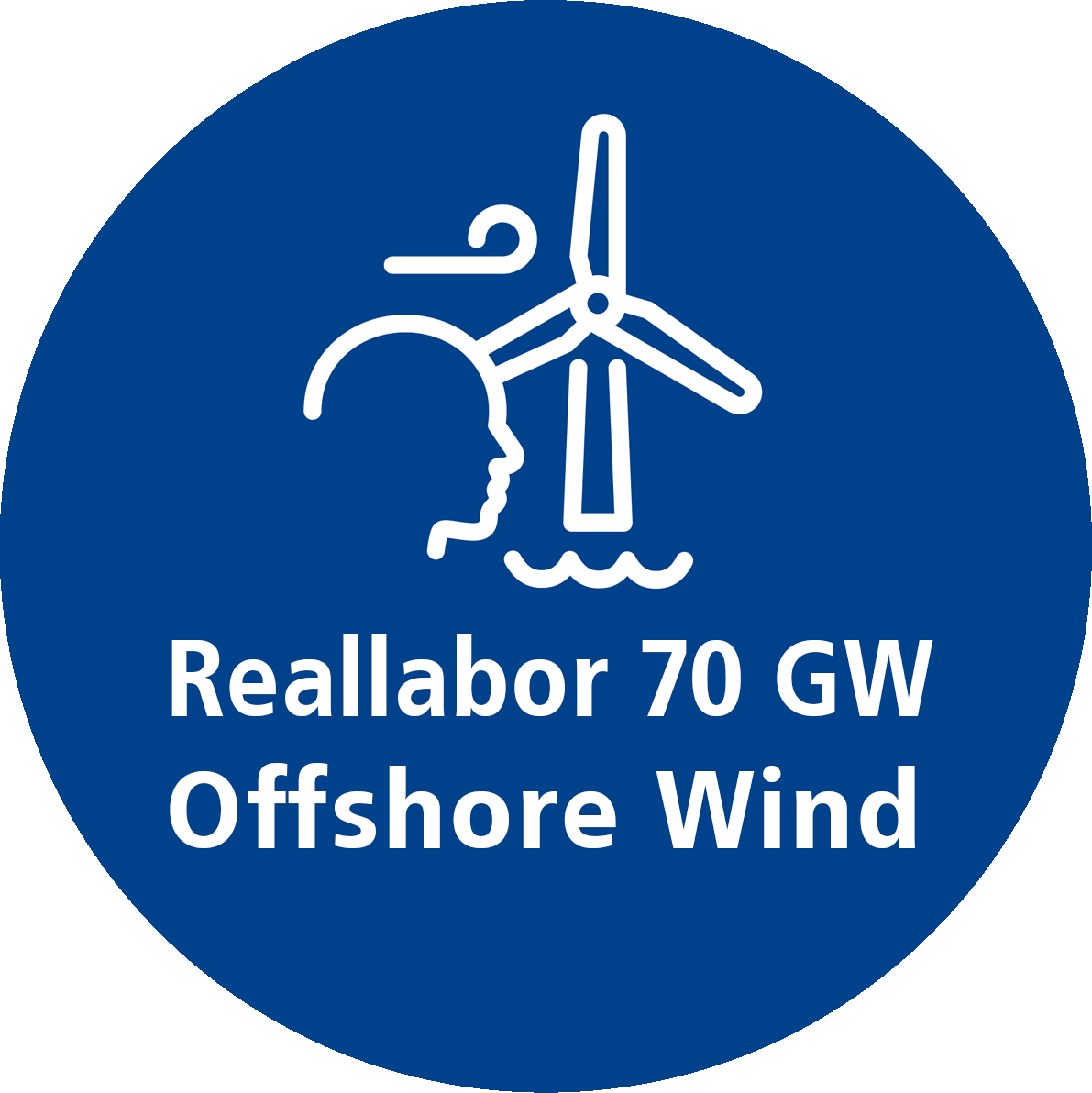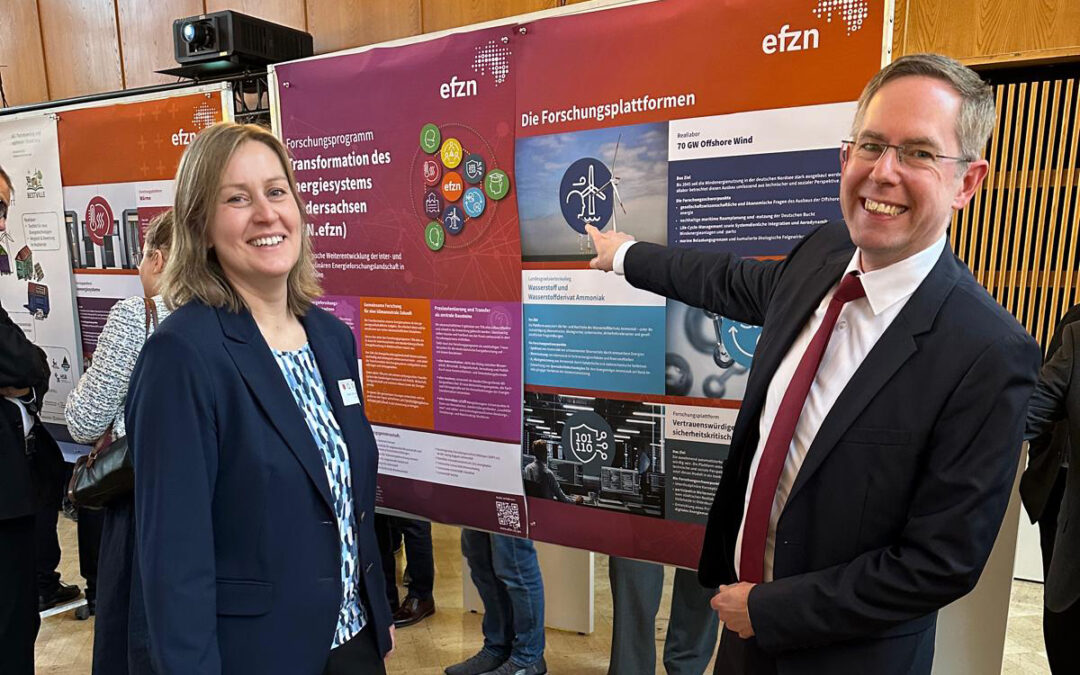Wind energy research as a central component of the Energy Model Region Northern Germany
A strong stage for Lower Saxony’s energy research in the German capital: On November 10, 2025, the Living Lab 70 GW Offshore Wind was part of the presentation of the TEN.efzn (Transformation of the Energy System of Lower Saxony) research program at the annual meeting of the North German Conference of Science Ministers (NWMK) in Berlin.
Under the title “Northern Germany – model region for the transformation of the energy system”, representatives from science, politics and business discussed how the north can become a pioneer of a climate-neutral energy supply. In her keynote speech, Prof. Dr. Kerstin Avila, spokesperson for the Living Lab 70GW Offshore Wind at TEN.efzn, looked at the challenges and opportunities of wind energy research in the transformation of the energy system. The event impressively demonstrated how closely research, innovation and social change interact in northern Germany.
Wind energy as the key to transformation
As part of the conference, the TEN.efzn research program was presented as an important component of the North German energy model region – an interdisciplinary research program that brings together technology, system analysis and social perspectives. A central research platform in this program is the Living Lab 70 GW Offshore Wind, in which several research institutions are investigating how the expansion of offshore wind energy can succeed from an ecological, technological and social perspective.
In her presentation, speaker Kerstin Avila focused in particular on the role of research in this transformation process: “Wind energy, especially the expansion of offshore wind energy, is a key to the transformation of the energy system in northern Germany. In many contributions and discussions today, we were able to highlight the opportunities and challenges for wind energy research in this context. With the living lab, we have found an interdisciplinary approach within the framework of TEN.efzn that focuses equally on technological innovations, ecological effects and social requirements,” said Avila in retrospect.
Exchange and new impulses
There was great interest in the living lab and the research program. Many participants from science, business and politics sought to exchange ideas with the team in order to discuss new approaches and collaborations. Dr. Stephan Barth, Managing Director of ForWind – Centre for Wind Energy Research and coordinator of the Living Lab 70GW Offshore Wind, was also on site and underlined the great importance that energy research will continue to have in the region in the coming years: “Energy research is a team effort and requires cooperation between science, business, politics and society. The living lab, which is part of the TEN.efzn project, pursues precisely this approach and was therefore naturally also present at the presentation of the energy research of the North German states on November 10 in Berlin.”
In addition to TEN.efzn and the Living Lab 70 GW Offshore Wind, other northern German initiatives presented their work – from hydrogen technologies and heat research to digitally networked energy systems. Together, they paint a strong picture of northern German energy research – committed, networked and with a clear vision for the transformation.

